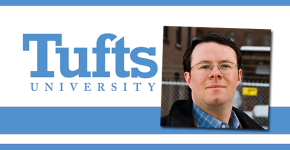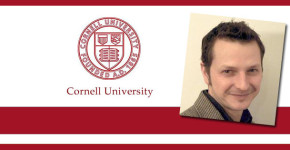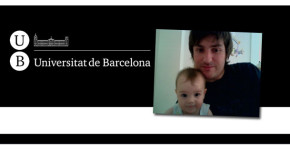Category: Neuroscience
-

Justin Hollander, Tufts University – The Subconscious City
Human psychology and neurological processes are rarely considered when drawing up blueprints for buildings. But, research conducted by Justin Hollander, an urban planner and Tufts University professor, suggests, that these factors should figure prominently when designing architecture and laying out city plans. Justin Hollander, PhD, is an associate professor of Urban and Environmental Policy and…
-

Anne Warlaumont, UC Merced – Positive Feedback Loop
Studying the communicative relationship that parents share with their children is a great way to understand how kids learn to interact. Anne Warlaumont, a cognitive scientist at the University of California, Merced, is studying positive feedback loops, or the way successful interaction catalyzes future successful interaction in children. Anne Warlaumont is an assistant professor of…
-

Dr. Raj Morey, Duke University – Traumatic Brain Injuries
Direct trauma clearly has negative effects on the brain. Dr. Raj Morey, associate professor of psychiatry and behavioral sciences at Duke University, discusses the potential harm that may arise even from indrect exposure to explosions. Dr. Rajendra Morey is an associate professor in Duke University’s Brain Imaging and Analysis Center, the Department of Psychiatry & Behavioral Sciences,…
-

Anne Murphy, Georgia State University – Infant and Adult Pain Response
Does the pain felt by an infant affect them later in life? Anne Murphy, associate professor of neuroscience at George State University, is observing the relationship between pain felt as an infant and the related long-term effects. Dr. Anne Murphy is an associate professor and the associate director of the Neuroscience Institute at Georgia State…
-

Nathan Spreng, Cornell University – The Aging Brain Network
Breakthroughs in how we understand the human brain’s structure and internal communication networks are helping scientists track neurological changes over time. Dr. Nathan Spreng, assistant professor at Cornell University’s Department of Human Development, is using advancement in neuroimaging to better understand how the brain functions and changes as we age. At Cornell University, Dr. Nathan…

